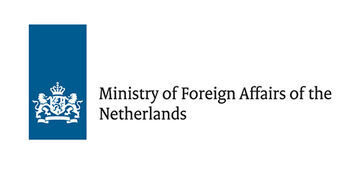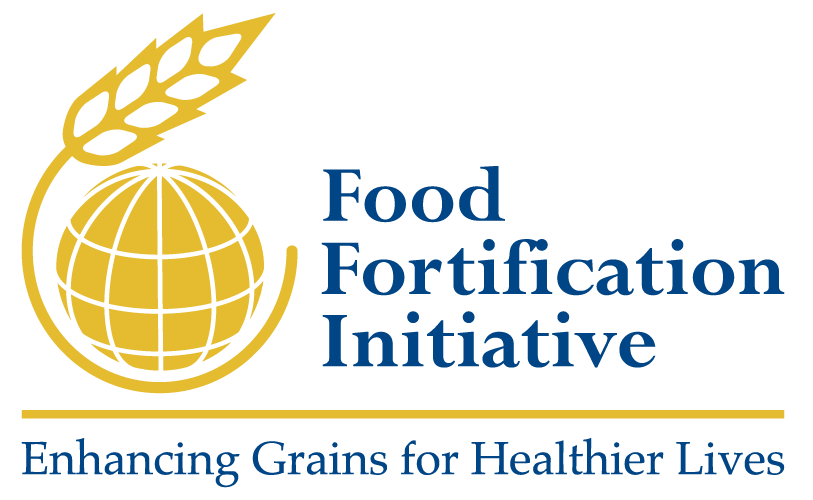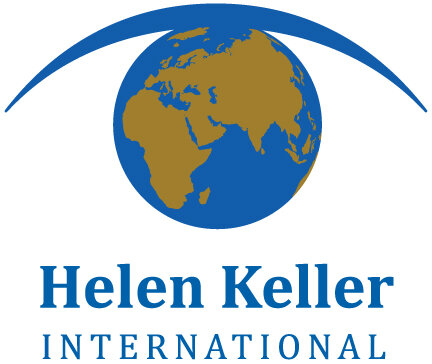Africa Partners Celebrate Success; Consider Future Challenges
When
10 December 2013
Where
Region: Africa
Summary
African countries have seen tremendous progress in using food fortification to provide essential vitamins and minerals to their populations. Yet future challenges remain and many opportunities are available for public and private partners to actively support country efforts.On 10 December 2013, Smarter Futures - a partnership for Africa of the Flour Fortification Initiative (FFI), The International Federation for Spina Bifida and Hydrocephalus (IF), Helen Keller International (HKI), AkzoNobel and the Dutch government - organized an Africa Network Event in Dar es Salaam, United Republic of Tanzania, in conjunction with a Benefit Cost training for wheat flour fortification. The training event brought together participants from eight countries in Eastern and Southern Africa, as well as partners from public, private and civic sectors.Scott Montgomery of FFI, Lieven Bauwens of IF and Mawuli Sablah of HKI presented an overview of the Smarter Futures partnership. Scott introduced the goal of Smarter Futures and its aim to support public–private partnerships at all levels, provide technical expertise and training tools and bring people together across countries and sectors.Lieven described the mission of IF and why IF supports flour fortification. He gave a vivid description of spina bifida and hydrocephalus and what happens if this condition is not treated. Smarter Futures’ partner AkzoNobel showed the webpage where it gives information on its work to improve iron status. Mawuli Sablah gave an overview of HKI’s nutrition and fortification programmes and the partners it works with to “Fortify West Africa.”Scott then presented the landscape analysis carried out in 2011 by FFI that led to the development of the FFI Africa strategy. Two maps, one showing the situation in 2011 and one showing the current situation in 2013, illustrated the amazing progress by all partners working in Africa on wheat flour fortification. Yet many opportunities remain untapped, including maize and rice fortification, as well as providing technical assistance for planning, implementing, and monitoring fortification programs. The joint Smarter Futures workplan for 2014 was shared to explain how some of these opportunities will be addressed.The presentations were followed by a lively discussion and suggestions from participants. In addition, participants were informed about the advocacy toolkit for preventing NTDs though fortification of flour with folic acid. Special thanks were given to stakeholders in the United Republic of Tanzania who spearheaded the food fortification program in that country. They each received a copy of the winning photo, shown below, from a contest organized by IF.
Smarter Futures partners
![akoznobel_logo[1].JPG](https://images.squarespace-cdn.com/content/v1/5e1df234eef02705f5446453/1597259591477-1PYHKVHWGY2EDZ2L4W4T/akoznobel_logo%5B1%5D.JPG)




